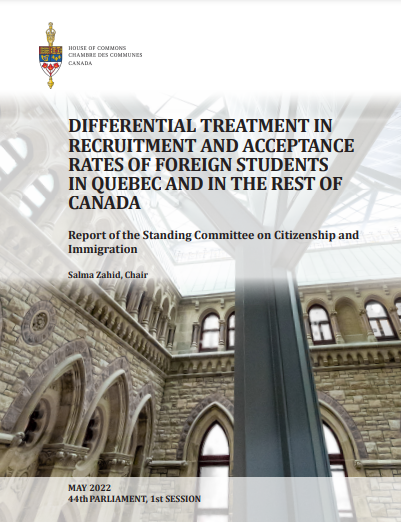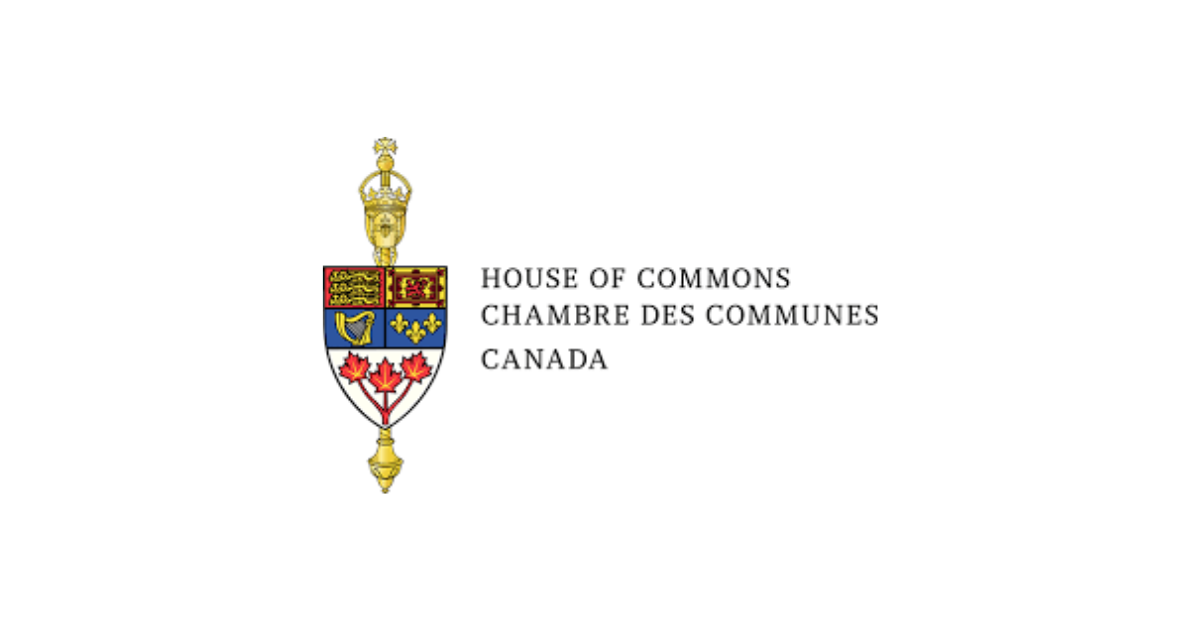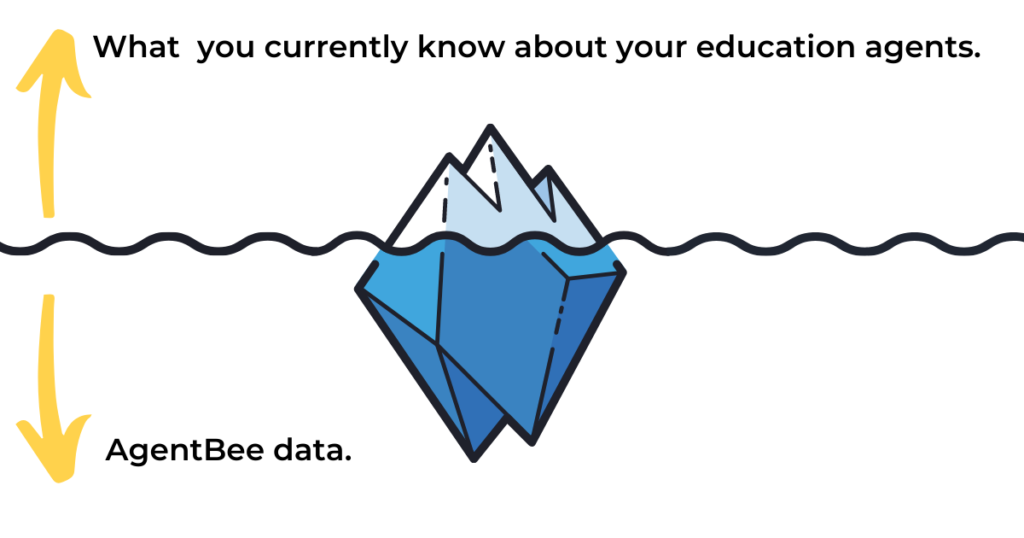
In May 2022, the Canadian Parliament’s Standing Committee on Citizenship and Immigration tabled its report, ‘Differential Treatment in Recruitment and Acceptance Rates of Foreign Students in Quebec and in the Rest of Canada.‘ The Committee’s aim was to study the recruitment and acceptance rates of foreign students in Quebec and in the rest of Canada, including francophone students from African countries. It wanted to understand the realities of increasing processing times and higher refusal rates and their impact on students and institutions.
During the course of its inquiry the Committee received 22 written submissions and heard from 31 witnesses in person. The Committee’s report makes 35 recommendations to Immigration, Refugees and Citizenship Canada and to the Canadian federal government more broadly.
The Committee recommended the regulation of education agents. Recommendation 9 states:
That Immigration, Refugees and Citizenship Canada work with provincial and territorial counterparts, as well as Canadian designated learning institutions, to regulate recruiters in the international educational sector, and ensure that the information packages provided to these recruiters include information on how student applicants can safeguard themselves against fraud.
In reaching this view the Committee heard from several witnesses who recommended the regulation of education agents, including Shamira Madhany, Managing Director of World Education Services, a non-profit social enterprise supporting international students, Earl Blaney from The Canada Network, and Will Tao, a Canadian immigration and refugee lawyer. Each of those submissions is included in our education agent reading list. The Committee included the following extract from Will Tao’s submission in its report:
[w]ith high refusal rates, agents (recruiters) abroad are emboldened by the lack of regulation on student recruitment and educational consulting. They provide low or free of charge legal services (often advising and offshoring profits overseas, beyond the reach of Canadian regulations) while collecting tens of thousands of dollars off their work, no oversight. One should not be surprised that issues such as family separation, mental health crises, increasing narratives of suicide, and families abroad losing their entire life savings to try and sponsor a family member’s education in Canada. We are complicit in the harms this system has created.
Currently in Canada, only Manitoba regulates how educational institutions work with education agents, and the Committee noted that provincial legislative scheme.
It will be interesting to see how the Canadian Government responds to the report, and to recommendation 9 in particular. Is federal legislation to regulate agents, or at least uniform legislative approaches across the provinces, on the horizon in Canada?
Education Agent due diligence – implement best practice
AgentBee’s education agent due diligence solution supports educational institutions to implement best practice education agent due diligence processes.
Your educational institution can use it to:
- do due diligence on education agents – check new agents before agreeing to work with them, and run regular checks on current agents.
- protect your brand – detect cases of unauthorised agents using your institution’s name, logo or other IP without permission.
Note for institutions in Australia, NZ and Manitoba – our solution supports compliance with your regulatory obligations regarding agent checking and monitoring.
Note for UK institutions – our solution supports implementation of the BUILA Agent Quality Framework.
Note for institutions in other countries – our solution supports you to protect your institution and students by implementing best practice education agent due diligence processes.
Click here to find out more and arrange a demo.
Useful?
Please share this post on with your networks using the buttons on the left. Thanks!
Get an email when we add new content to the blog – click here to subscribe
Sources: Canadian Parliamentary Committee Report,

